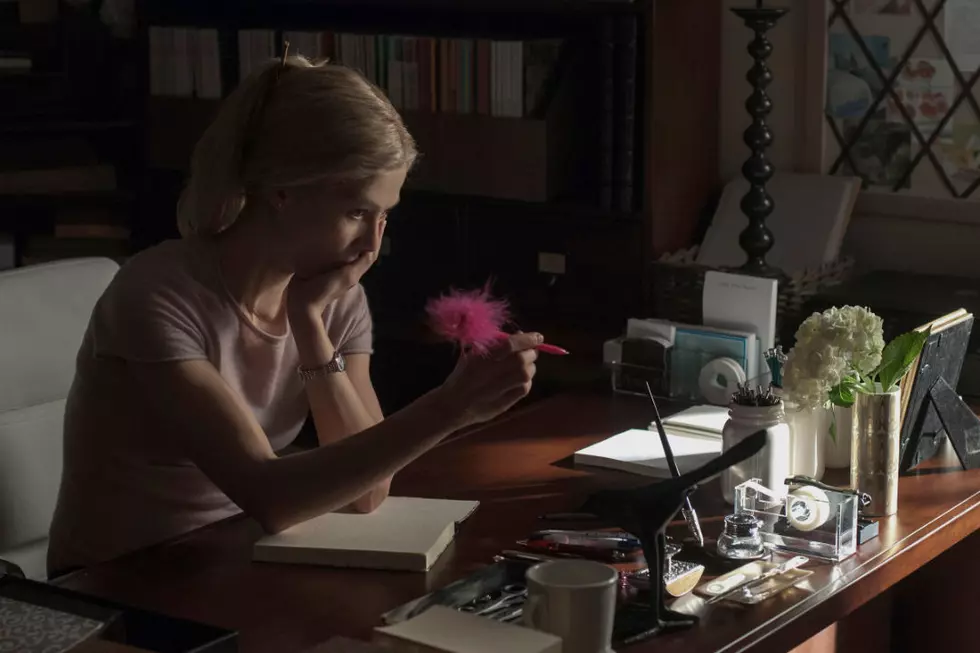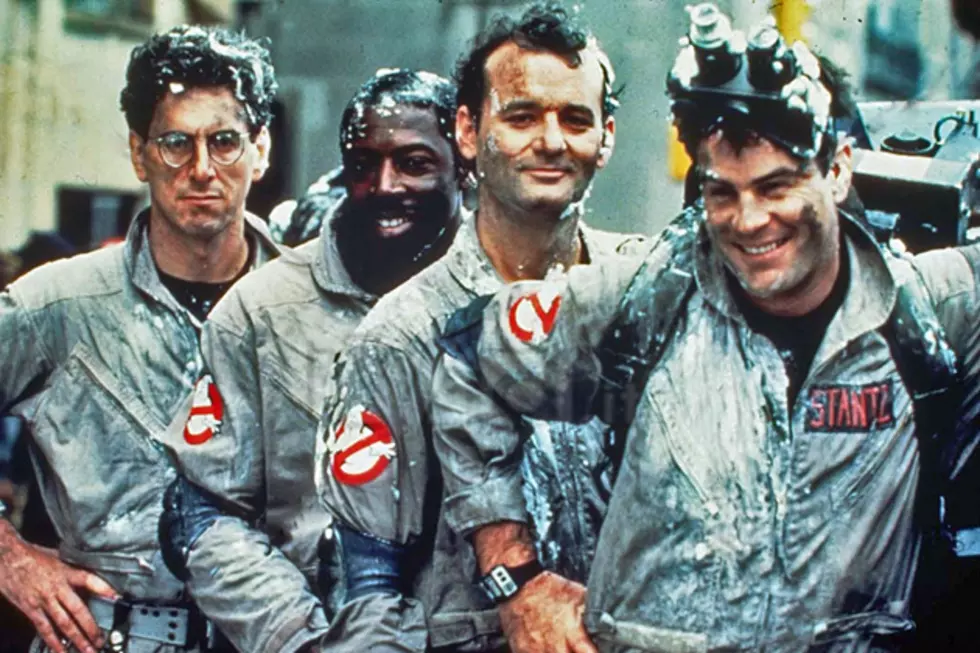
Reel Women: ‘Elaine Stritch: Shoot Me’ Defines a Living Legend
The new documentary 'Elaine Stritch: Shoot Me,' chronicles the Broadway legend and actress as she takes the stage to sing some of Stephen Sondheim's classics, boldly faces her own mortality, and continues to defy conventions both as a woman and as an older woman in the entertainment industry -- and she makes it look so damn effortless with her brassiness, her courage, and her relentless honesty. Stritch removes the novelty from the idea of a living legend, and remains one of the most inspirational role models for women in entertainment. Contemporary audiences are perhaps more familiar with Stritch from her role as Jack Donaghy's sassy mother on Tina Fey's '30 Rock,' and Alec Baldwin himself serves as one of the executive producers of 'Elaine Stritch: Shoot Me,' which follows the legendary actress and performer as she struggles with diabetes, contemplates her (eventual?) retirement, and puts on a new show in which she performs several songs by her old friend Stephen Sondheim.
Stritch is many things, all of them self-admitted: a recovered alcoholic who vacillates between having a drink a day and swearing off the hard stuff for good out of the risk to her ongoing problems with diabetes; an insecure woman who still reads reviews of her performances and scurries to answer the phone to receive well-wishes and critiques from friends and loved ones; a diabetic who, at one point during filming, loses control of her speech and is rushed to the hospital for a couple of days (she'll make two trips to the hospital during filming). She's also a brassy older woman, and, contrary to popular belief, she's not fearless -- Stritch will be the first to admit that she has fears: a fear of alcohol, a fear of her diabetes, and the fear of the black nothingness that comes after death.
What she's not afraid of is making mistakes. As the old saying goes, with age comes wisdom, and Stritch has learned a thing or two in the 60-plus years she's been performing. She knows how to work a room and connect with an audience, how to tell a story, and how to fill in the blanks when she forgets the lyrics (she does, often). As one young man who attends her show notes, it's so wonderfully human to watch her make mistakes on stage, to sometimes stumble -- it's better than watching an immaculate show on Broadway he says because at least he can relate to her very human struggle; it's a struggle she's more than happy to share with her fans.
We need to have stronger representation of women in media, and there's this idea that in order to do that, we should have more positive female characters and performers. Stritch embodies the falsity of that idea: a stronger representation of women doesn't necessarily mean a perfect one. I'd rather see a flawed woman to whom I can relate, who curses sometimes, who has very real struggles and is honest about them with herself and with others, than someone who is so damn perfect all the time. I think there's equal room for the humanitarian and saintly Angelina Jolies of the world and the audacious and loud-mouthed Elaine Stritches.
Of all things, she is most certainly defiant, defying conventions about women in entertainment, especially older ones. Stritch uses her age to her advantage, and at one point during filming, while her limo is parked idly in a fire lane and draws the attention of a cop, she cleverly fakes a limp to avoid trouble. She notes early on in the doc that you can get away with a lot more as you get older, and she's certainly not afraid to play up her age when needed, but she hates being condescended to, both as a woman and as an elder. Yet she never lets her pride get the best of her, and when a diabetic attack becomes serious, she becomes timid and frightened, crying out for help. And every moment of this is caught on camera, with Stritch laying her life bare for the world to see, warts and all (often without make-up because at her age, who gives a f---).
Several times during filming we see how she commands those around her -- she attempts to direct the documentary herself, asking that a scene in which she unpacks her beloved English muffins be done over correctly). During a music rehearsal, her composer asks that the drummer add in a beat to accommodate a dance move Stritch has been adding in that doesn't match any of the existing percussion. It's both because of her legendary status and because of her take-no-crap attitude that people are so keen to do as they're told in her presence. A longtime friend she met in AA recalls that she never would have returned to the meetings if not for Stritch, who gave her a backhanded compliment followed by an impromptu demand to chauffeur the star to the meeting the following day.
There's something magnetic about Stritch -- she removes the notion of novelty from the idea of a living legend. She's not a breathing fossil or a walking and talking relic from a time long since past. We often giggle at the elderly and view them as novel when they are profane or seem more able-minded and bodied than we think they should be, just like we often find novelty in women in media who act contradictory to conventional gender roles and stereotypes. Stritch defies convention on two levels, transcending legend to make her an icon, a role model, to which we, not just as women, but as human beings, should aspire.
As Alec Baldwin calls her, she's a gateway to another time, and James Gandolfini talks about her fondly as a woman who made him love his silly profession and remember that it's a time-honored tradition. Stritch is brassy and tough and resilient and many things, but she's also classy: she's a woman who realizes that fearlessness is about embracing your fears and flaws and letting them be known, and that acting -- real acting -- is about opening yourself up, like performing open-heart surgery on yourself on a stage, and letting people root around inside, laughing along with you at the big mess you've made. A legend is a story we tell that is often to great to be believed -- if that's so, Elaine Stritch truly is a living legend.
More From ScreenCrush









